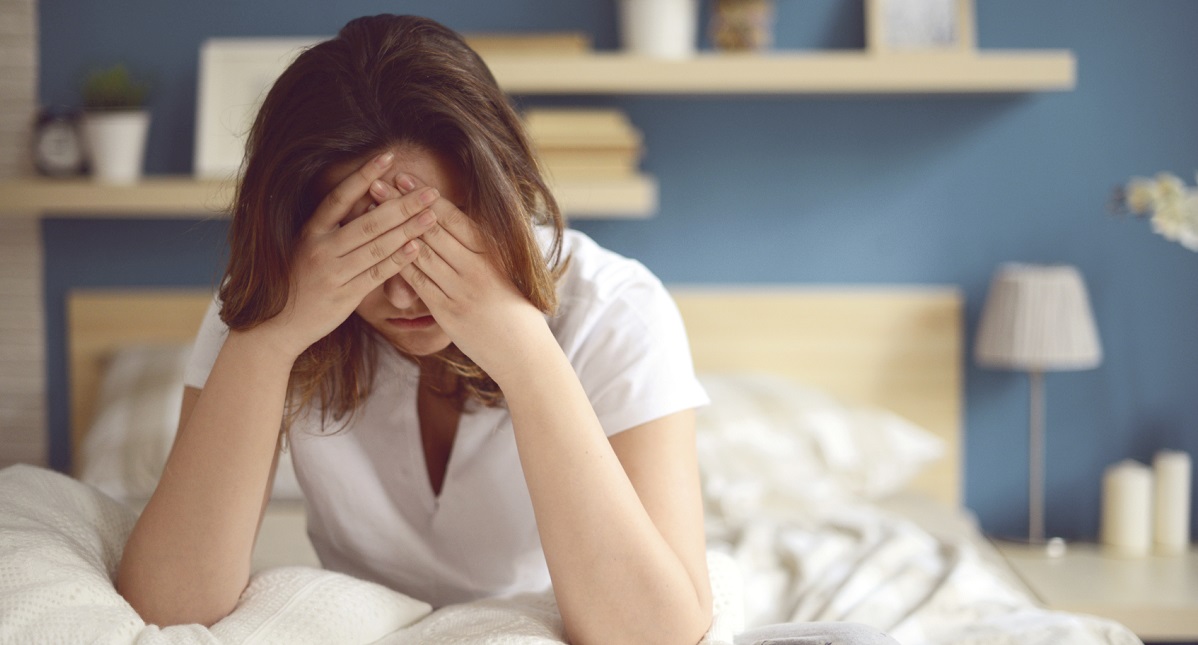Contact Us
Everyone has an occasional low day. Sometimes sadness is triggered by big stuff: the loss of someone special, getting fired, money problems, marriage problems, mommy problems, mother-in-law problems. Sometimes sadness results from smaller stuff: lack of sleep, a messy house, bad weather, a very messy house, a botched finale of your favorite show.
For most people, sad feelings come and go. Even the most upbeat mom can experience a low day or two. So how can we know if our sadness is something more serious? Take this free quiz to differentiate between a case of the blues and depression.
If you scored below a 17, then you are temporarily down-in-the-dumps and you may need to consider making some lifestyle changes to help pull you out of your funk. Possible changes could include:
- Improved nutrition and rest
- Reconnecting with your spiritual life
- Working less and playing more
- Replacing complaining with gratitude
- Taking a break from social media
- Connecting with a friend
- Investing in your marriage
- Eliminating negative self-talk
A score of 17 or higher puts you in a range that could require treatment – and if you scored 31 or higher, you need to contact a counselor or physician immediately.
What should I do if I’m depressed?
- Get help. Find a counselor, pastor, friend or family member and tell them you are depressed. Be honest with yourself and them about your feelings. One of the perks of being a modern mom is finding help has never been easier and more convenient – some counselors (like me) provide online care. You could receive care without having to leave your home!
- Get a physical. Some medical conditions, nutritional deficiencies, hormonal imbalances, and side effects to medications mimic depression. Ask your doctor to do a physical with blood work to rule out any of these possibilities.
- Rethink your understanding of weakness. Asking for help takes a lot of courage. Depression will try to convince you that getting help is weak and makes you a burden to others. Depression lies. You are not a burden, and getting help is brave. Starting a road towards healing is the most courageous thing you can do for yourself.
- Be kind to yourself. Depression feeds on negative self-talk. Put those old tapes on pause and make room for truth. You may need a counselor to help you identify the negative cognitions that contribute to your depressed mood.
- Medication may be part of your healing. Most of my clients struggle at first with the idea of medication becoming part of their journey. In the same way some people need to take medication for high blood pressure or low blood sugar, others need medication to treat their mood disorder. There is no shame or weakness in taking an anti-depressant. In fact, the combination of the right prescription and a competent counselor could be life changing.
- If you are suicidal, contact your local emergency room immediately or call 1-800-273-TALK in the U.S., or visit IASP to find a helpline in your country.
You are not alone. Depression affects millions of people every year, and there is a high cure rate for this disorder. Hope and healing awaits. The work is not easy, but you will never regret living into a healthier you. Make today your first step towards freedom.
